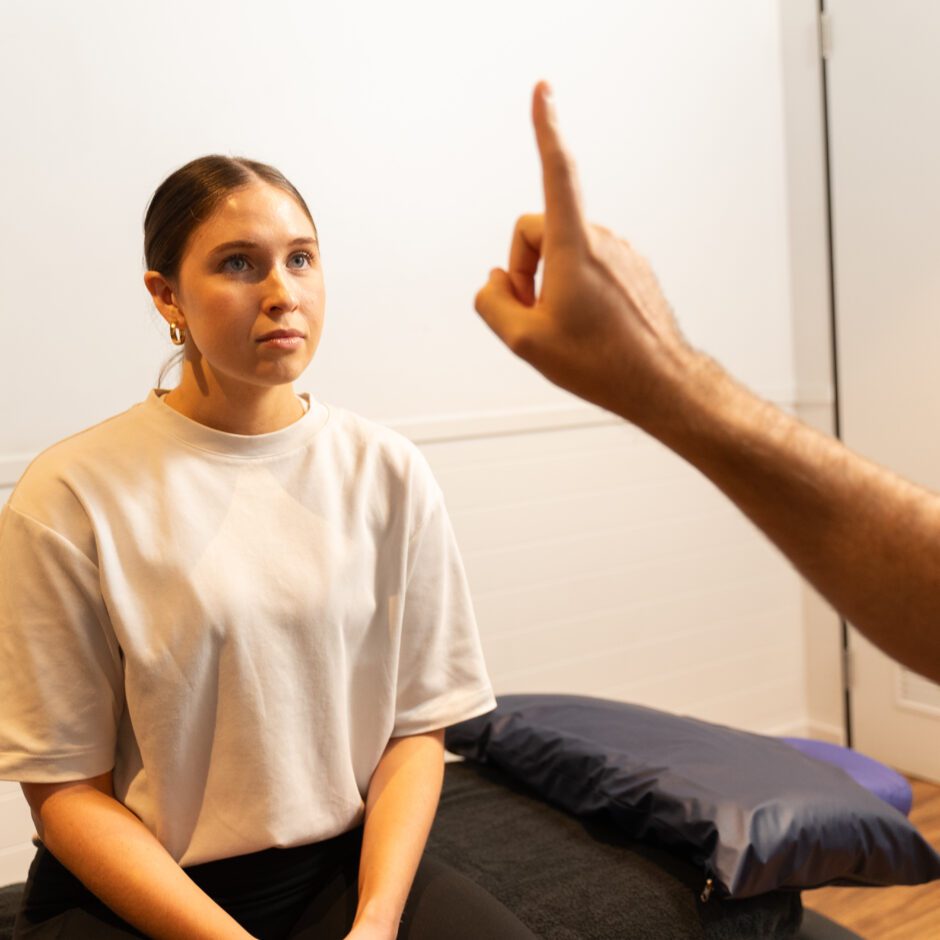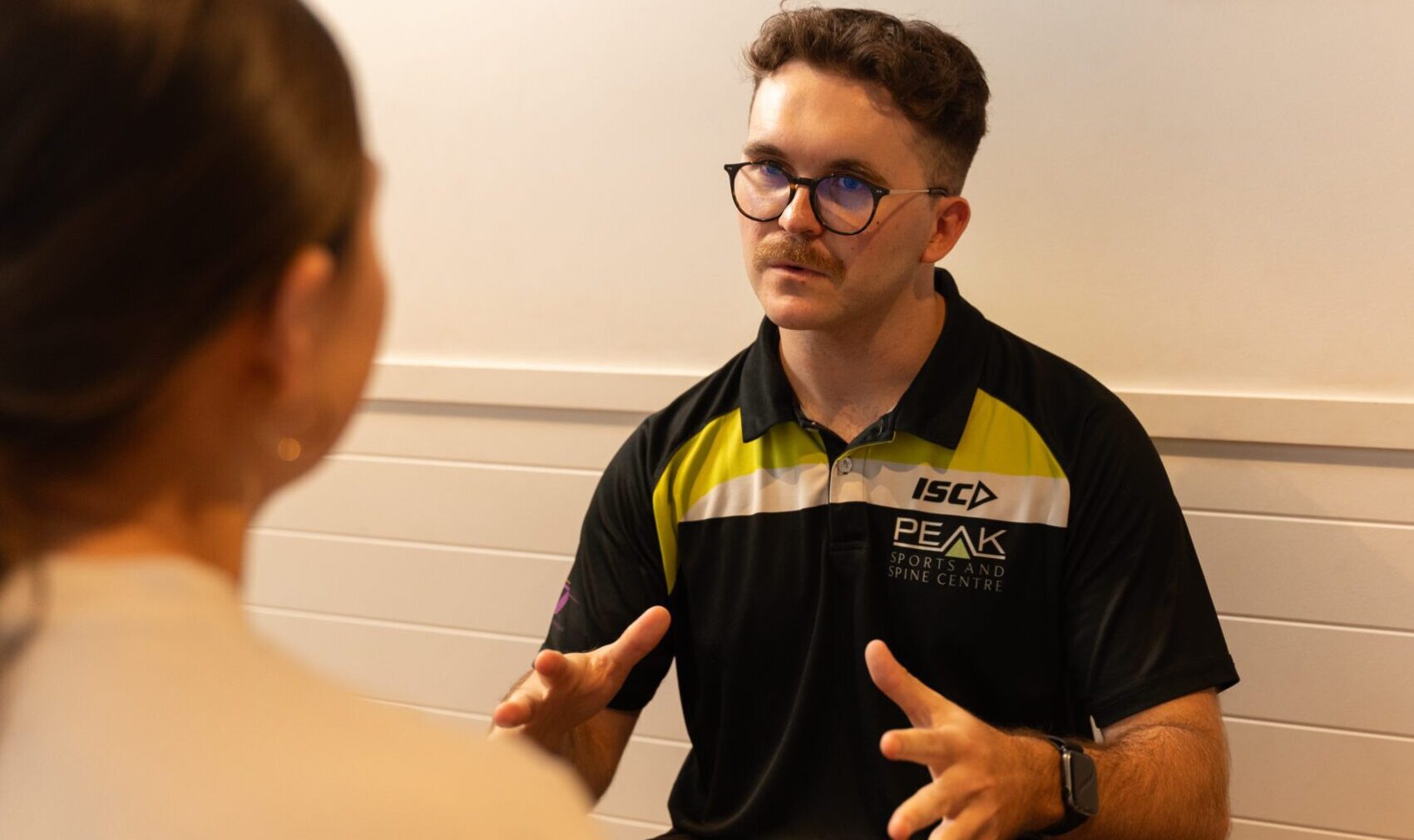Signs and Symptoms of Vestibular Hypo-Function
Vestibular hypofunction can cause a collection of symptoms that range from mild unsteadiness to significant disability. You might notice:
- Chronic dizziness or vertigo: A persistent feeling of motion or spinning, especially when you move your head quickly or walk in busy environments.
- Unsteady balance: Needing to steady yourself on walls or furniture, or feeling off-balance when standing or turning. You may walk cautiously or veer to one side.
- Blurred or bouncing vision (oscillopsia): Difficulty focusing on objects when you’re moving. For example, words might blur when you try to read a sign while walking, or you feel disoriented when driving because the visual world doesn’t stay stable.
- Frequent falls or near-falls: You may trip often or feel like you “lose your balance” on uneven ground or in the dark.
- Spatial disorientation: Trouble knowing where you are in space. It might be hard to walk in a straight line, or you feel disoriented in wide open spaces or crowds.
- Fatigue and concentration issues: Constantly fighting dizziness can be exhausting. You might feel mentally tired and find it hard to concentrate, especially in visually stimulating environments (like grocery store aisles).
These symptoms can be scary and frustrating, but know that improvement is possible. Many people with vestibular hypofunction see dramatic gains with targeted therapy.
Impact on Your Life
Vestibular hypofunction can affect virtually every aspect of daily living. If you’re dealing with this condition, you might find that it:
- Affects your mobility: You may avoid quick head movements or sudden turns, leading to a very stiff, cautious way of moving. Activities like sports, dancing, or even playing with your kids/grandkids can become daunting.
- Limits independence: Driving can feel unsafe due to dizziness, and you might rely on others or assistive devices (canes, etc.) to get around, especially outdoors or at night.
- Causes fear of falling: The constant worry about stumbling or falling can make you hesitant to go out alone or to unfamiliar places. This fear often leads to staying home more and missing out on social activities.
- Reduces work performance: If your job involves moving around, looking between screens, or navigating busy environments, vestibular issues can slow you down. Even office work can be hard if focusing on a computer triggers dizziness.
- Impacts mood and fitness: Over time, the lack of activity and constant discomfort can contribute to anxiety or depression. You might also lose muscle strength and conditioning, which further worsens balance – a vicious cycle.
All of these impacts underscore the importance of getting effective treatment. You deserve to move confidently through your day without a second thought about dizziness or balance.
Physiotherapy for Vestibular Hypo-Function at Peak Sports and Spine Centre
At Peak Sports and Spine Centre, we take an action-oriented, evidence-based approach to treating vestibular hypofunction. Our goal is to retrain your balance system so you can get back to the activities you love. Here’s how our physiotherapy for vestibular hypofunction can help:
- Comprehensive Vestibular Assessment: We begin with a thorough evaluation of your balance system. This includes assessing your eye movements, head movements, and balance under various conditions. Using advanced assessment tools (such as video head impulse testing or dynamic balance tests), we identify the extent of vestibular loss and how it’s affecting your life.
- Customized Gaze Stabilization Exercises: One hallmark of our treatment is gaze stabilization training. If you experience blurred vision with head movement, we’ll guide you through exercises to strengthen the Vestibulo-Ocular Reflex (VOR). For example, you might start by focusing on a target while turning your head side-to-side, gradually increasing speed as your eyes learn to keep images steady. These exercises are proven to improve oscillopsia and reduce dizziness by teaching your brain to compensate .
- Balance and Gait Retraining: Our physiotherapists will help you practice specific balance challenges in a safe, controlled way. Using tools like balance boards, foam surfaces, and even dual-task exercises (adding cognitive tasks while balancing), we rebuild your stability. Over time, you’ll progress from simple standing exercises to dynamic activities like walking on uneven ground or quick direction changes – the exact skills you need for real-life situations.
- Habituation Techniques: If certain motions or environments consistently trigger your dizziness (for example, looking up quickly or walking through a busy supermarket), we use habituation exercises. This means gently and repeatedly exposing you to the movement or visual pattern until your symptoms decrease. It’s a gradual, scientific way to reduce sensitivity and fear.
- Strength and Endurance Training: Because weakness can worsen imbalance, part of your program may include strengthening your legs and core, and improving overall fitness. Our clinic offers state-of-the-art training equipment to help rebuild your physical resilience safely, even if you’ve been avoiding exercise.
- Advanced Technology and Innovation: Peak Sports and Spine Centre prides itself on using advanced technology. We might incorporate devices like the Bertec Balance Advantage™ or other computerized balance systems (if available) to objectively measure your sway and track improvements. We also stay updated on the latest vestibular rehab research – so you receive cutting-edge therapy techniques that are proven to work.
- Education and Coping Strategies: We don’t just treat the symptoms; we educate you about your condition. Understanding why you feel dizzy in certain situations removes a lot of fear. We’ll teach you strategies to cope – for instance, how to safely turn your head or navigate in the dark, and what to do if you start feeling dizzy in public. By empowering you with knowledge, we reduce anxiety and celebrate each milestone in your recovery.
Our approach is confident and compassionate. We know vestibular hypofunction can be stubborn, but we’ve helped many patients regain balance even after years of chronic dizziness. Through consistent therapy and support, your brain can adapt.
Let's get started — How can we help?
Physiotherapy
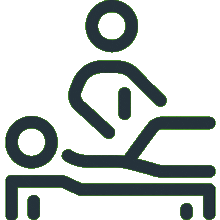
Chiropractic
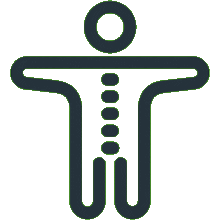
Podiatry
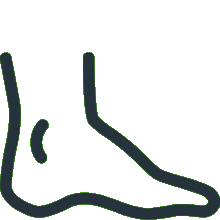
Massage Therapy
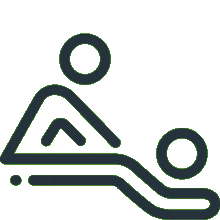
Women's Health Physiotherapy
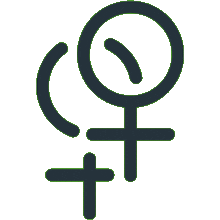
Running Program Tailored To Your Goals
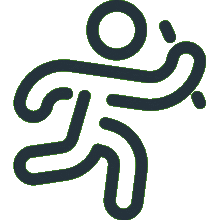
Joint Mobilisation
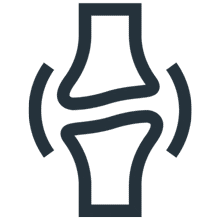
Active Release Technique
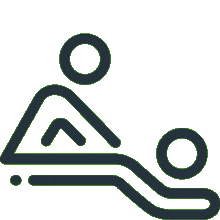
Exercise Prescription
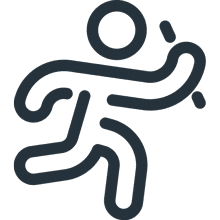
Real Time Ultrasound Imaging

Spinal Manipulation
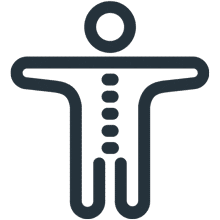
Functional Movement Screen
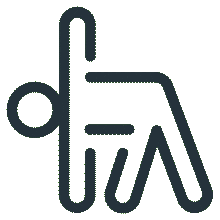
Knee Pain Treatment

Hamstring Strain Treatment
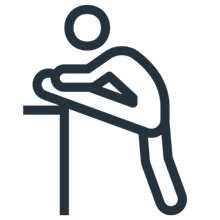
Hip Pain Treatment

Upper, Middle & Lower Back Pain

Neck Pain Treatment

Shoulder Pain & Rotator Cuff Tear

Can't find what you're after?
View all ServicesOr email the PEAK team at info@peakssc.com.au
Hawthorne
- Phone: (07) 3399 3318
- Fax: (07) 3319 6577
Address
5/171 Riding Road,Hawthorne, QLD, 4171 Get Directions
Opening Hours -
6 days per week
- Monday - Friday: 7:00 am - 8:00 pm
- Saturday: 7:00 am - 1:00 pm
To make a booking outside of business hours, please use our form by clicking here.
New Farm
- Phone: (07) 3399 4668
- Fax: (07) 3319 6577
Address
1/15 Lamington Street,New Farm, QLD, 4005 Get Directions
Opening Hours -
6 days per week
- Monday: 7:00 am - 8:00 pm
- Tuesday: 7:00 am - 8:00 pm
- Wednesday: 9:00 am - 8:00 pm
- Thursday: 10:00 am - 8:00 pm
- Friday: 7:00 am - 3:00 pm
- Saturday: 7:00 am - 3:00 pm
To make a booking outside of business hours, please use our form by clicking here.
